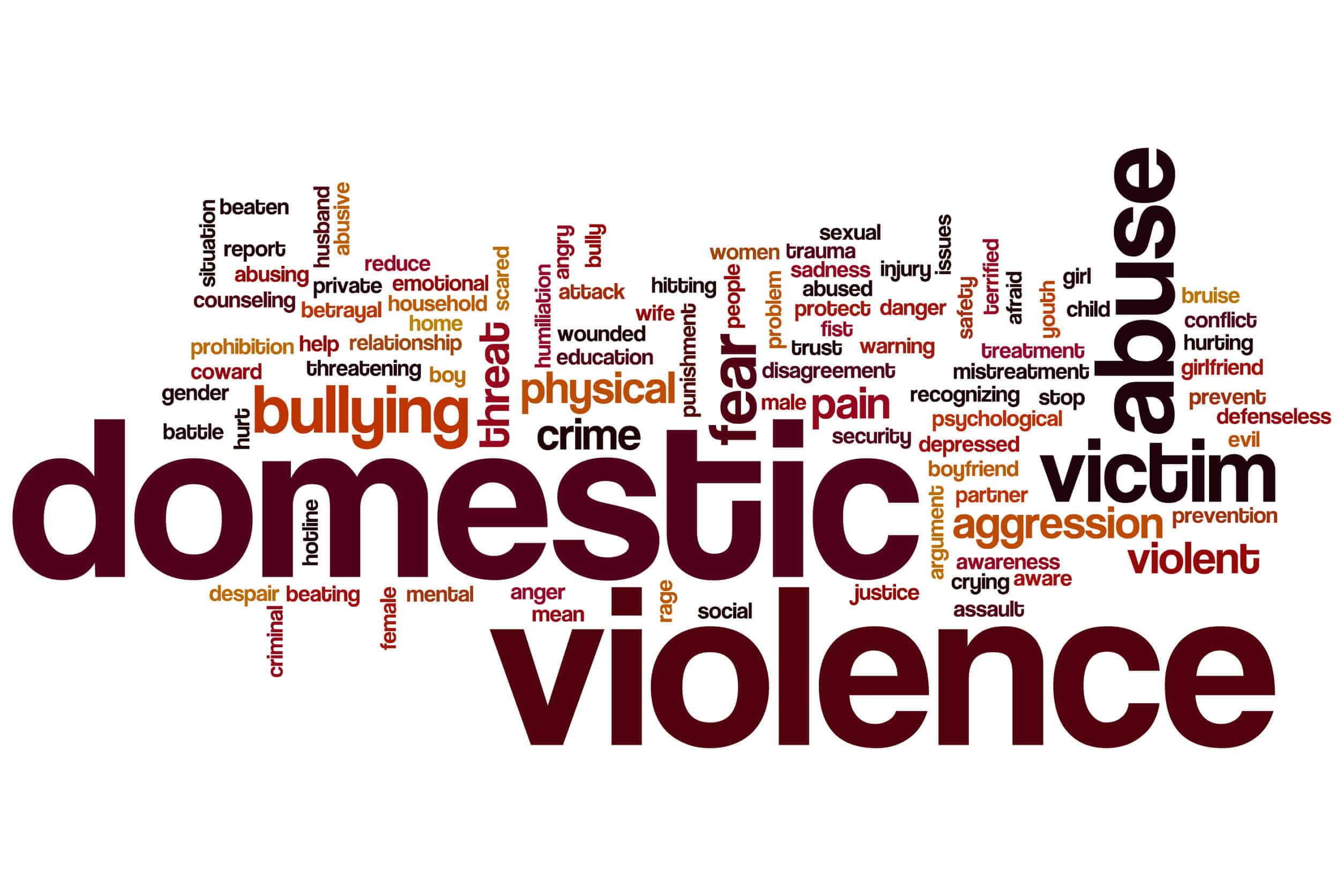Beat Your Denver DUI Charges with Effective Defense Strategies
July 17, 2024

Posted by: Jacob E. Martinez
Category: Domestic Violence
Whether you are already divorced or currently going through a divorce, if you have kids, one of your top priorities is always going to be spending quality time with your children. There are certain things, however, that can affect a parent’s right to custody. One of those things is a domestic violence charge.
Going through a divorce is hard enough, but when you add a domestic violence charge on top of that, the situation can become even more stressful and tense. So let’s try to ease some of that tension by understanding what a domestic violence charge in Colorado means for child custody cases.
If you and your spouse are unable to agree on a child custody arrangement – specifically how much time your child will spend with each parent and which parent will have legal custody to make health and welfare decisions for the child – then the two of you will have to go to court where a judge will decide for you.
Colorado judges always consider what is in the best interest of the child when determining custody and weigh a number of factors, including:
Although a judge will look at domestic violence when determining custody, it’s not the only factor a judge considers. Remember, the judge wants what’s best for the child, so he or she will look at everything in order to make the best, most informed decision.
So now you know that if domestic violence was present in the home, the judge will use that knowledge to decide custody. However, a domestic violence charge or even a conviction doesn’t automatically exclude that parent from their child’s life.
The court believes that a child benefits from having a relationship with both parents, so unless you’re dealing with an extreme situation, your parenting time likely won’t be completely taken away. The details of the domestic violence charge – such as when and where it occurred, who was involved, what the outcome was, and what the specific charge was – will be relevant for the judge’s decision.
For example, if you were charged with domestic violence 20 years ago and have turned your life around for the better, you should still be given custodial rights to your child. If the domestic violence charge was more recent or against your spouse, you should still be given parenting time, but the amount of time might be more limited.
In the case that one parent allegedly commits an act of domestic violence against the other parent, the court will most likely attempt to protect the so-called abused parent. What could that look like?
For starters, the court might not allow the parents to share decision-making responsibilities, so the abused parent will mostly likely maintain legal custody. The court might require special arrangements when the parents have to communicate with each other about the child, such as limiting telephone conversations. The court might also mandate certain accommodations when the parents exchange the child for their parenting time, such as having the exchanges happen in a public place, a supervised location, or even a police station.
If a parent’s history of domestic violence is a cause for concern regarding a child’s physical or emotional health, a Colorado court might still allow the abusive parent time with their child, but that time might be in the form of supervised visits where a third-party can pay attention to the parent and child’s interaction.
A domestic violence charge can affect all aspects of your life, but if you don’t want it to limit your opportunities to spend time with your child, you should reach out to an experienced Colorado domestic violence attorney. With a qualified lawyer by your side, you will have a better chance not only to defend the domestic violence charges against you, but also to ensure that you get to see your kid and be involved in their life on a regular basis. If you have questions about how domestic violence might affect child custody, contact a lawyer today and fight for your rights as a parent.
About the Author:
Denver-based criminal defense and DUI attorney Jacob E. Martinez is a knowledgeable and experienced litigator with a record of success providing innovative solutions to clients facing criminal charges of any severity. Mr. Martinez has been designated a Top 100 Trial Lawyer by the National Trial Lawyers and has been awarded both the Avvo Client’s Choice Award and Avvo Top Attorney designation, evidencing his reputation for his exemplary criminal and DUI defense work and high moral standards.
Jury Trial - Not Guilty
Jury Trial - Not Guilty
Arapahoe 1st Degree Assault/Vehicular Assault
Jury Trial - Not Guilty
Denver Domestic Violence Assault Case
Jury Trial - Not Guilty
Denver D.V. Assault
Jury Trial - Not Guilty
Denver Careless Driving Resulting in Death
Jury Trial - Not Guilty
Jefferson County Felony Menacing
Jury Trial - Not Guilty
Adams County DUI
Jury Trial - Not Guilty
Jefferson County DUI
Jury Trial - Not Guilty
Jefferson County DUI
Jury Trial - Not Guilty
Jefferson Vehicular Assault/DUI
Jury Trial - Not Guilty
Jefferson County DUI
Jury Trial - Not Guilty
Boulder County DUI case
Jury Trial - Not Guilty
Arapahoe County DUI case
Jury Trial - Not Guilty
Adams County DUI case
Jury Trial - Not Guilty
Douglas County DUI case
Jury Trial - Not Guilty
Gilpin County DUI case
Dismissed
Broomfield County Probation Revocation case
Dismissal
Arapahoe County DUI case
Deferred Judgment
Arapahoe County DUI case
Deferred Judgment
Douglas County DUI case
Deferred Judgment
Larimer County DUI case
Deferred Judgment
Arapahoe County DUI Case
Deferred Judgment
Denver Felony Burglary Case
Deferred Judgment
Arapahoe County DUI case
Dismissed
Arapahoe County Protection Order Case
Dismissed
Golden Destruction of Property case
Dismissed
Jefferson County Protection Order case
Dismissed
Jefferson County Domestic Violence case
Dismissed and Sealed
Jefferson County DUI case
Dismissed
Denver Major Traffic Offense case
Dismissed and Sealed
Broomfield County Domestic Violence case
Dismissed
Summit County DUI Revocation
Dismissed
Denver DUI Revocation
Dismissed
Denver DUI Revocation
Dismissed
Denver DUI +.2 Involving Accident and Injury case
Dismissed
Denver DUI/Habitual Traffic Offender case
DISMISSAL
Denver District Aggravated Theft
Dismissed
Greenwood Village Assault case
Dismissal
Elbert County DUI
Dismissed
Arapahoe County Domestic Violence case
Dismissal
Jefferson County DUI
Dismissal
Denver Municipal Assault
Dismissed
Boulder County Domestic Violence Assault case
Dismissed
Wheat Ridge Assault case
Dismissed
Jefferson County DUI case, with 2+ Prior Convictions
Dismissed
Arapahoe County Domestic Violence case
Dismissed
Broomfield County Domestic Violence case
Dismissed
Arapahoe County Felony Theft case
Dismissed with No Charges Filed
Jefferson County Felony Theft case
Dismissed
Boulder County Felony Theft case


